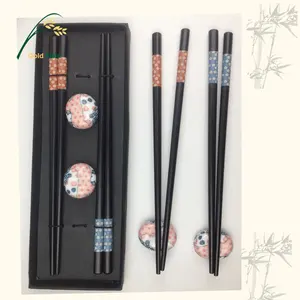Popular in your industry

































































Related Searches:



















































































































Top categories
About big farm agriculture sprinkler
Introduction to Big Farm Agriculture Sprinklers
Irrigation is a critical component of modern farming, and big farm agriculture sprinklers play a pivotal role in this domain. These systems are designed to provide efficient water distribution across large tracts of agricultural land, ensuring that crops receive the hydration they need for optimal growth. The category encompasses a range of sprinkler systems suitable for various farm sizes and crop types.
Types of Agriculture Sprinklers
The diversity in agricultural irrigation systems caters to different farming needs. From pivot systems that rotate around a central point to deliver water across a circular area, to linear systems that move back and forth across rectangular fields, each type offers unique benefits. Additionally, specialized irrigation sprinklers are available for uneven terrain, providing uniform water distribution despite topographical challenges.
Applications and Features
Agriculture water sprinklers are not just for hydration; they also aid in applying fertilizers and pesticides through chemigation. This method ensures even application, reduces labor, and can improve crop yields. Features such as adjustable spray patterns and pressure settings allow for customization to specific crop requirements, while water-efficient sprinklers help in conserving this vital resource.
Materials and Advantages
Durability is key in farm irrigation sprinklers, which are often made from robust materials like reinforced plastics and metals to withstand the rigors of farm use. The advantages of using these systems include better water management, reduced labor costs, and the ability to maintain consistent soil moisture levels, which is crucial for crop health and yield.
Technological Integration in Sprinklers
Innovation in agricultural sprinkler technology has led to the integration of timers and motion sensors. Timers automate the irrigation process, ensuring water is delivered at the most beneficial times, while motion sensors can protect crops from animal intrusion by activating the sprinkler upon detection of movement, providing an eco-friendly deterrent.
Conservation and Management
The role of efficient irrigation systems extends beyond just providing water. They are instrumental in soil conservation, preventing waterlogging, and reducing erosion. By delivering water directly to the root zone, these systems minimize evaporation and runoff, promoting sustainable farming practices.


























































